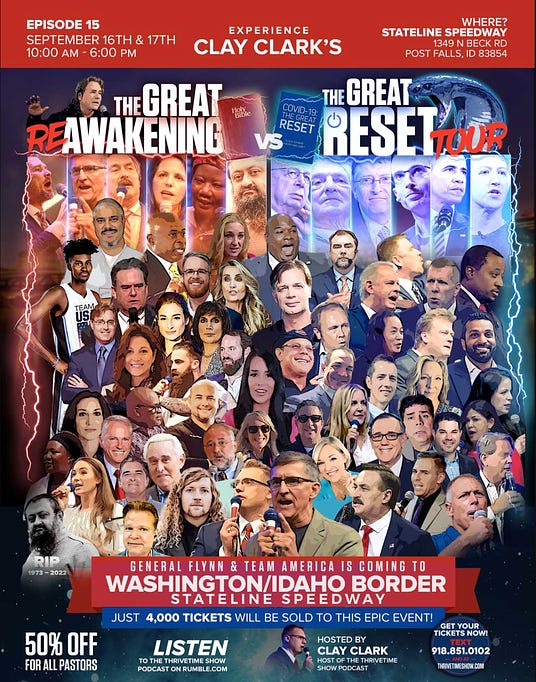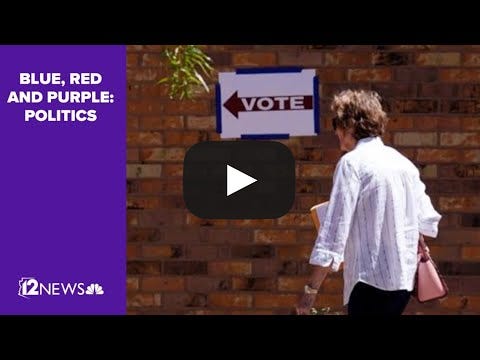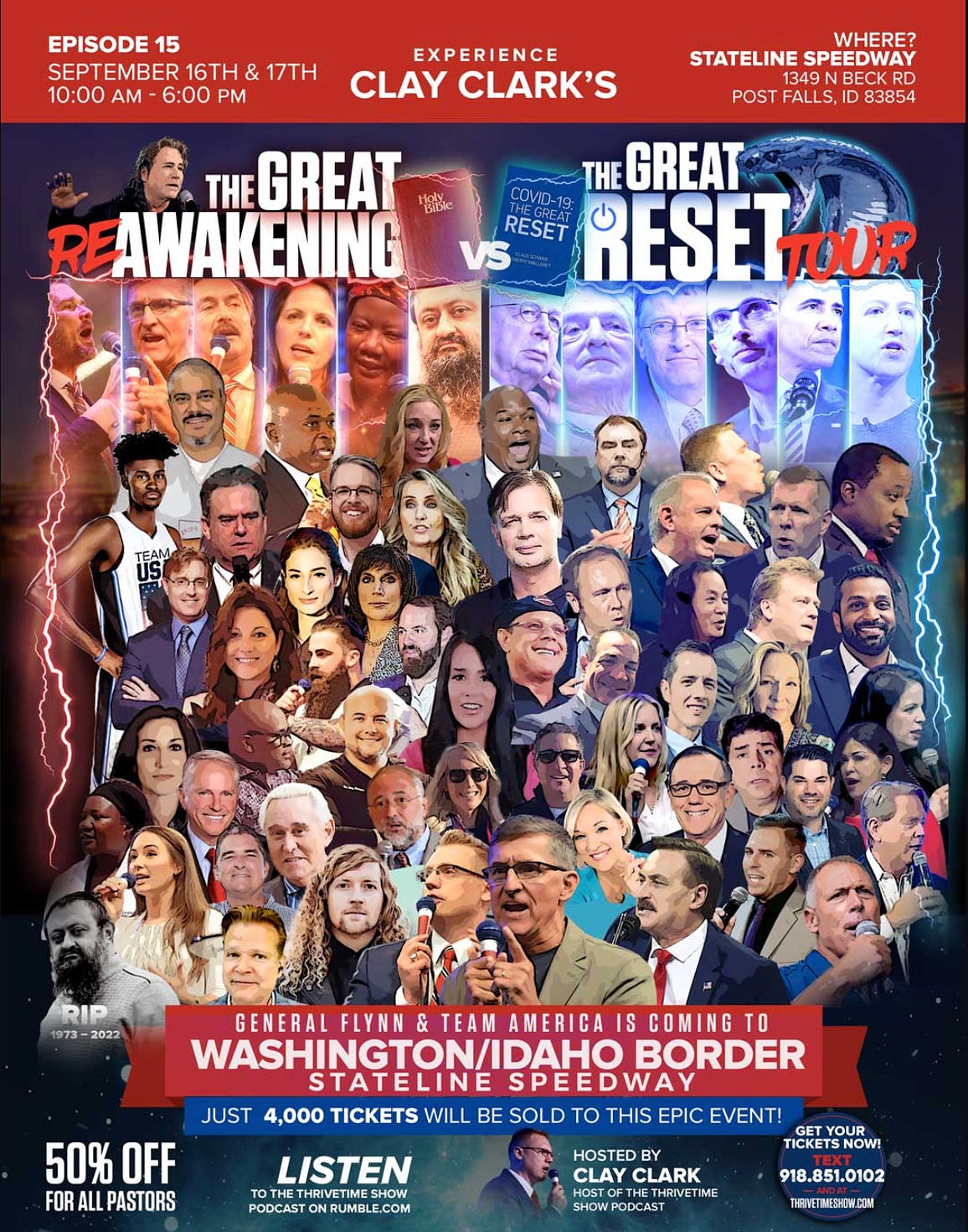A perspective the Mayor needs but appears unwilling to accept
THIS is the kind of Christianity with which I grew up. What follows is an open letter written by Maurice Smith, a man who has worked among the homeless and marginalized of Spokane for the past 15 years. (Read his bio here at the bottom of the About page.) It was posted on Monday, September 19, 2022. It is long. It is wordy. It is sermonic—as it ought to be coming from a man who is an honors graduate of the Denver Seminary. It is a fitting condemnation of local media’s “journalism by Press Release” and the policies of the Mayor’s office. I have read and followed with dismay biased media accounts and/or nasty, uninformed social media discussion of every incident Mr. Smith brings up in his letter.
To help get beyond “Press Release journalism” I recommend you send an email to Dan Simonson at dsimonson@mac.com and ask to be added to a list serve email he manages. It comes with the Subject line “[ShelterSpokane] In The News…” Mr. Simonson aggregates news stories from widespread sources as well as occasional posts from people like Maurice Smith who offer their unique, on-the-ground experience.
Please read Maurice Smith’s open letter to Mayor Woodward copied below, share it widely, and
Keep to the high ground,
Jerry
To: Mr. Johnnie Perkins
Adminisrator, City of SpokaneNadine Woodward
Mayor, City of Spokane
Mr. Perkins and Madame Mayor,
Another Incident
As I am sure you are now aware, on Thursday, September 15th, a Dodge Caravan belonging to the City of Spokane Water Department (license plate XMT39245D) visited a private home next to Camp Hope where a City employee disconnected a water hose that was supplying water to the Camp. This individual also proceeded to take two of the hoses that had been connected to the water supply, effectively stealing private property. A police report for the theft was filed (Incident Number 2022-20163829, taken by Officer Mead, Badge 1314). I would expect this kind of stupid behavior from a couple of “bored & beered-up” college sophomores, not City of Spokane employees. This incident represents the second effort by City of Spokane employees to cut off water to the Camp, the first being the visit of two uniformed SPD officers to the home supplying the water and asking the homeowner to please stop supplying water. This second time, the homeowner was livid that the City would come on her property, turn off water, and disconnect hoses without her permission or any legal authority to do so. Again, the City of Spokane should be ashamed of its behavior in these incidents. But there is a growing reason why such incidents are occurring ever more frequently.
A Growing Cancer
Over the past year, I have successfully fought off two rounds of cancer. While I’ll spare you the details, the aftereffects and scars left over from those two fights present me with daily reminders of how insidious, dangerous, and life-changing cancer can be, and how long-lasting those scars and aftereffects are. But now I and my community, beginning with the homeless community, are being confronted with one of the most insidious and dangerous cancers any individual or community can face. It is the cancer of anger and bigotry leveled toward those experiencing homelessness. It is the cancer of marginalization and dehumanization that declares 600(+) homeless individuals to be nothing more than “nuisances” to be “abated,” removed by whatever means might work, including cutting off their water supply.
The Wisdom of Simon & Garfunkel
Simon & Garfunkel famously sang “Fools,” said I, “You do not know, Silence like a cancer grows.” To remain silent about this growing cancer would be to acquiesce and allow it to grow unchecked and unopposed, eventually destroying the Shalom of our entire community and falsely placing the blame upon “those homeless nuisances.” The blame for this broken Shalom must fall on the doorstep of those who broke it: on the steps of City Hall. Dehumanize 600(+) individuals experiencing homeless by declaring them to be nothing more than public nuisances, then force them into the new prize shelter project that can’t accommodate more than 250 (when fully ramped up). Forget the impossible math of forcing 600(+) people into 250 beds. Forget individual stories of people trying to work their way out of homelessness. Forget the vulnerable elderly and disabled in the Camp who have NOWHERE to go. Forget the terminally ill cancer patients who live there because they have no other options. Forget basic human compassion and simply label everyone on that city block as drug addicted, mentally ill, criminal derelicts, and “nuisances” to be “abated.” Forget that “How we see people is the beginning of how we treat people.” Forget that this spreading cancer threatens the Shalom of our entire community, not just Camp Hope.
“Fools,” said I, “You do not know, Silence like a cancer grows.”
This Cancer Is Metastasizing Spreading
This spreading cancer is metastasizing to the larger community. Two weeks ago we had an incident at the Camp when an individual from Idaho showed up ostensibly to help a camp resident retrieve a stolen laptop. This vigilante from outside the Camp came armed with a GoPro video camera and A SEMI-AUTOMATIC PISTOL SIDEARM! I confronted him and told him he could not be on Camp property wearing a sidearm, and if he wanted to remain on the property he would need to secure the weapon in his car. He tried to argue with me about his Second Amendment rights. I politely but firmly told him I didn’t care, and that he either had to leave or remove the weapon. He reluctantly complied and a more serious confrontation was averted. I reported the incident to the SPD officer assigned to watch the Camp, but the officer (whose name I’m withholding) said, “There’s nothing we can do about it.” Right. A local news outlet later ran a story about the stolen property and the laptop at the Camp and was given the GoPro footage. But no mention in the story about an armed vigilante, only rampant property crime and a stolen laptop that was recovered later that day off Camp property.
“Fools,” said I, “You do not know, Silence like a cancer grows.”
It Is Spreading To Local Media
This cancer of anger, bigotry, marginalization, and dehumanization leveled toward those experiencing homelessness is metastasizing and spreading, even into the local media. People who should know better and should be discerning are now manifesting the symptoms of this disease. A local news outlet recently ran a story describing the Camp as “worse than Lord of the Flies” and featuring an anonymous interview with someone describing alleged incidents of rape and “branding” in the Camp. No such incident was ever reported to Camp managers (I’m one of the managers and am in the Camp daily) or to the police (who will tell you that there’s nothing they can do without a police report being filed). As Julie Garcia, the founder of Jewels Helping Hands, is a rape survivor herself, we take such accusations VERY seriously. The day after the story aired (without ANY requested input from Jewels Helping Hands), we scoured the Camp, asking residents for ANY information they might have regarding the alleged rape incident. The result? Neither a victim nor a perpetrator, nor a time, nor a location, could be identified. Only unsubstantiated rumor that gets reported as “news.” And the “branding” incident? We found the individual involved, who confessed that he had been involved in a drug deal gone bad, and the “branding” was the consequence (that doesn’t make it good or right, just very painful). He wouldn’t say if the incident occurred on Camp property or elsewhere. But, yes, he was the victim of a pissed-off drug dealer. Being stupid has consequences, whether in a homeless camp or anywhere else life takes you. Lesson learned . . . hopefully.
“Fools,” said I, “You do not know, Silence like a cancer grows.”
An Abnormal Atmosphere
Under any normal conditions, journalistic integrity would have rejected both of the above stories as nothing more than anonymous and unsubstantiated accusations. But this spreading cancer has created an environment where stories that should have been scrutinized and rejected as anonymous rumors and gossip become believable and printable stories. By publishing them, news outlets become a megaphone and a vehicle for spreading this cancer into our larger community; this cancer of anger, bigotry, rumor, gossip, marginalization, and dehumanization leveled toward those experiencing homelessness who have no way to defend themselves and no voice with which to tell their stories. As a result, don’t waste time wondering why the residents of the West Hills Neighborhood (or ANY neighborhood, for that matter) don’t want a shelter or transitional housing facility filled with those “nuisances” in their neighborhood. The cancer this Administration has created and fostered has spread and metastasized into the very neighborhoods the City needs for any homeless plan to succeed.
“Fools,” said I, “You do not know, Silence like a cancer grows.”
A Financial Cancer
This spreading cancer has financial implications. A story published by a local news outlet declared, “Camp Hope Costs Taxpayers Hundreds of Thousands, City Files Nuisance Order.” That’s right. Those homeless people are a nuisance that’s costing Spokane big money. According to the story, the City of Spokane has spent more than $400,000 on garbage dumpsters and police overtime. Here’s what’s missing from the story. How does that expense (if accurate) compare with the more than $400,000 the City of Spokane overpaid for two weeks of operating a warming center at the Convention Center? That would be $200,000 per week at the Convention Center, compared with providing sanitation services at Camp Hope for more than 24 weeks, at a per week cost of less than $17,000. In comparison, the City has gotten one hell of a good deal for their expenses at Camp Hope but got royally ripped off at the Convention Center. Why was such a per week waste a justifiable expense at the Convention Center, but a per week cost of less than 1/10th (actually 8.5%) of that expense a terrible thing at Camp Hope? Answer: This spreading and metastasizing cancer can’t do math, or re-interprets math to support the narrative of “nuisances,” people who aren’t worth the cost or effort of keeping them safe. And the City wants to be reimbursed for having to waste money on those “nuisances.”“Fools,” said I, “You do not know, Silence like a cancer grows.”
“She’s Going To Be Okay, Mom”
Last Sunday, the 11th, I was picking up garbage on the perimeter of Camp Hope when a woman approached me. She told me her daughter (whom I met later) is in the Camp and has been homeless for a year. She lives two hours away and had driven to Spokane to check on her daughter. As we talked she began to weep. I held her as she sobbed, trying to comfort her saying, “She’s going to be okay, mom. She’s going to be okay.” Perhaps what I should have told this distraught mother was the cancerous truth: “Your daughter’s going to be okay as long as some fool from the City doesn’t cut off our water supply. She’ll be okay as long as the City doesn’t fine us for helping her, or the Mayor doesn’t have her declared a nuisance and swept off this property with nowhere to go.” Let me know which truth I should be sharing with the moms, dads, and families that come to the Camp, concerned for the well-being of their loved ones and hearing from local media that they are all about to be swept off the property by a City that regards their loved ones as nothing more than “nuisances.”“Fools” said I, “You do not know
Silence like a cancer grows
Hear my words that I might teach you
Take my arms that I might reach you”
But my words, like silent raindrops fell
And echoed in the wells of silence
Source: Musixmatch
Songwriters: Paul Simon
The Sound of Silence lyrics © Paul Simon Music, Sony/ATV Songs LLCYours for Restoring the Broken Shalom of Our Community,
Maurice Smith
Executive Producer
Preview of New Documentary, “Camp Hope 2.0”
The Night of the Unsheltered Homeless
The Hidden Homeless (SpIFF Version) [Official Selection 2020 Spokane International Film Festival]
509.475.8797
“We can’t change what we don’t love;
We can’t love what we don’t know;
And we can’t know
what we’re unwilling to invest
with our time, our efforts, and
our resources.”



